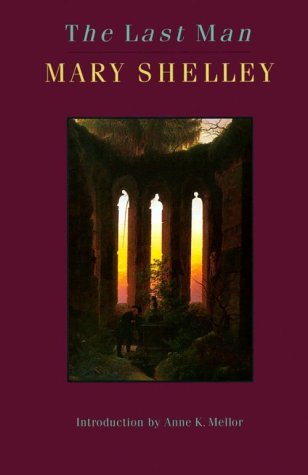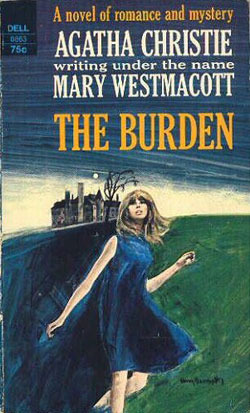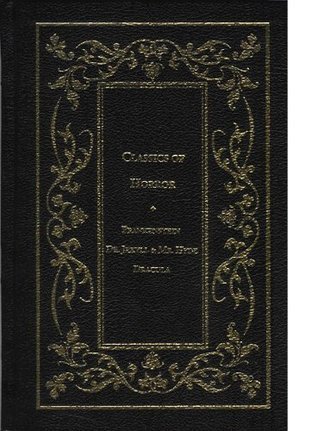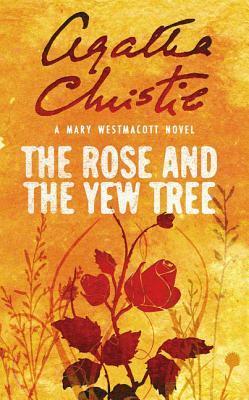
Mathilda
Book Description
Dark secrets weave through the heart of a young woman’s quest for love and belonging in Mary Wollstonecraft Shelley’s haunting tale, 'Mathilda.' As Mathilda navigates a world both beautiful and cruel, her intense bond with her father spirals into a suffocating obsession, leading her to confront her own desires and tragedies. Torn between passion and despair, she battles the consuming shadows of her past, risking everything for a fleeting glimpse of happiness. Will she break free from the chains of her lineage, or will her fate be forever sealed in a labyrinth of sorrow?
Quick Book Summary
"Mathilda" by Mary Wollstonecraft Shelley is a Gothic novella that delves into the traumatic and tragic life of its eponymous heroine. Mathilda, raised in isolation after the death of her mother, grows up yearning for connection but is marked by a somber loneliness. Her brief reunion with her estranged father takes a harrowing turn as he confesses forbidden love for her, shattering Mathilda’s fragile sense of belonging. Unable to bear the consequences of her father's obsession and subsequent suicide, Mathilda is left isolated, wracked with grief and guilt. She withdraws further into despair, finding only fleeting solace in a platonic friendship before her tragic demise. Shelley’s exploration of taboo, forsaken love, and existential solitude unfolds with haunting psychological depth, cementing the novella as a powerful meditation on alienation and inherited sorrow.
Summary of Key Ideas
Table of Contents
Isolation and Loneliness
Mathilda’s life begins with loss, as her mother dies shortly after her birth. This event shapes her existence, casting a pall of sorrow and isolation over her formative years. Raised by cold and distant relatives, Mathilda becomes introspective and solitary, longing for connection and the father she has never known. The sense of abandonment and separation fosters a consuming loneliness, setting the stage for the profound emotional conflicts to come.
Forbidden Desire and Taboo
When Mathilda’s father re-enters her life after many years, she is filled with hope and an intense desire for parental love. Their bond deepens rapidly in the isolated English countryside, but beneath the surface, an unsettling energy grows. The tension culminates when her father confesses an incestuous passion for Mathilda, a taboo desire that horrifies and devastates her. This confession irrevocably alters their relationship and leaves Mathilda burdened with trauma and shame.
Guilt and Psychological Torment
Unable to reconcile with his forbidden feelings, Mathilda’s father falls into deep despair and ultimately takes his own life. Mathilda is left alone, her soul scorched by guilt and psychological anguish. She is tormented by memories and the weight of inherited sorrow, convinced that she is both victim and agent of her own suffering, and struggles to find peace in the wake of tragedy.
Search for Connection and Redemption
In a desperate search for solace, Mathilda flees from society and retreats into nature, where she meets the sensitive young poet, Woodville. Their platonic companionship offers her some respite and the potential for redemption, yet even this bond cannot alleviate her enduring grief. Mathilda’s connection to Woodville underscores her yearning for human love, but also her inability to transcend the trauma of her past.
The Power of Nature and Death
Haunted by loss, guilt, and the shadow of her lineage, Mathilda succumbs to despair. She loses her will to live and, consumed by sorrow, wastes away in isolation. Shelley’s novella ends as a meditation on the devastating consequences of forbidden love, generational trauma, and the relentless quest for belonging. The luminous yet pitiless forces of nature mirror Mathilda’s inner turmoil, accentuating the profound sense of inevitability and loss that pervades the narrative.
Download This Summary
Get a free PDF of this summary instantly — no email required.





